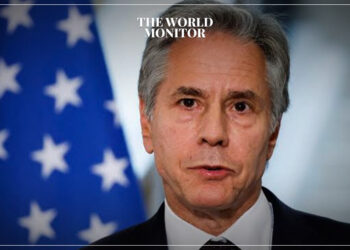Israel declared the closure of its borders and crossings with Jordan and other neighboring countries, according to Mahnad Al-Mbaydin, the Minister of Communication and official spokesperson of the Jordanian government.
Al-Mbaydin, in a special statement to “Al-Dustour”, highlighted that the closure was announced unilaterally by Israel through its radio stations and media outlets, underscoring that if Jordan were to be notified of such a decision, it should be communicated through official channels.
He pointed out that typically in such instances, the Israeli side sends an official letter to the relevant Jordanian authorities, a step that was bypassed in this instance, opting instead for a public announcement through their media yesterday.
Relations between Jordan and Israel, both of whom signed a peace treaty in 1994, have witnessed several fluctuations, with border issues often being a delicate topic due to the intricate geopolitical and social contexts of the Middle East region.
The border between Jordan and Israel has been historically significant, witnessing a multitude of political, military, and humanitarian events throughout the years.
The unilateral closure of borders by Israel without direct, official communication with the Jordanian government can be seen as a notable move in the broader context of regional politics, security, and diplomatic relations.
It poses potential implications for trade, travel, and diplomatic interactions between the two countries and might further strain their ties, depending on the duration and consequences of the closure.
In order to maintain peace and stability in the region, such decisions typically involve thorough discussions and communications between the involved nations to manage potential repercussions.
It is yet to be seen how this unilateral move by Israel will impact its relationship with Jordan and other neighboring countries, and what responses or reciprocal actions might ensue.
Considering the sensitive nature of border closures in a region often mired with complexities, this development is expected to draw significant attention and responses in the international arena.






